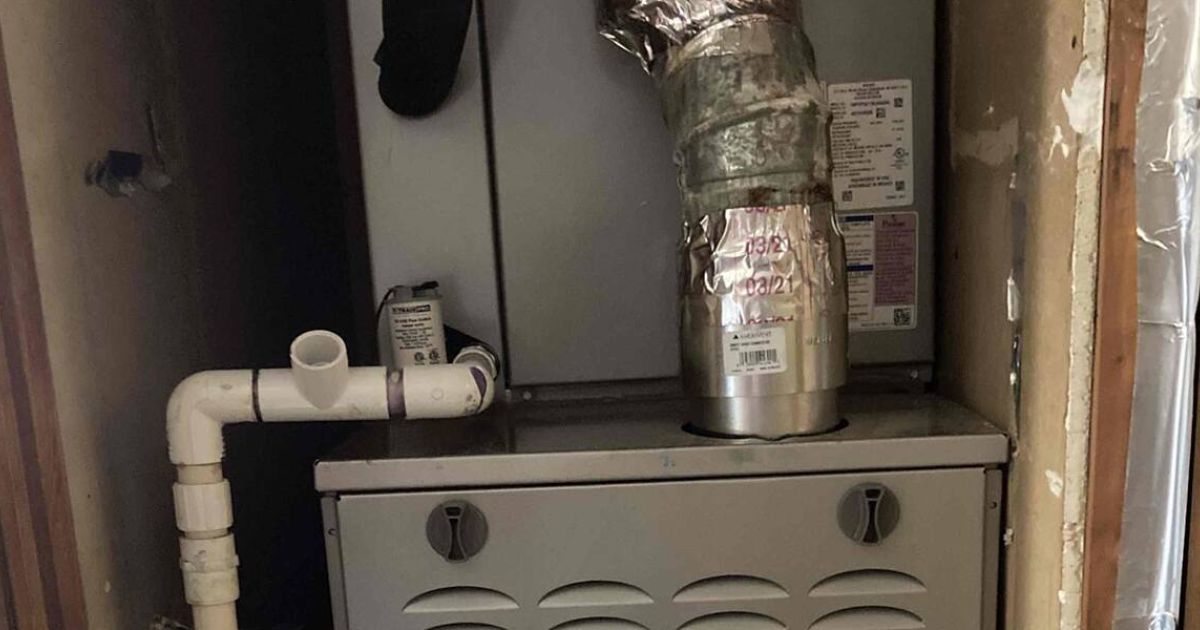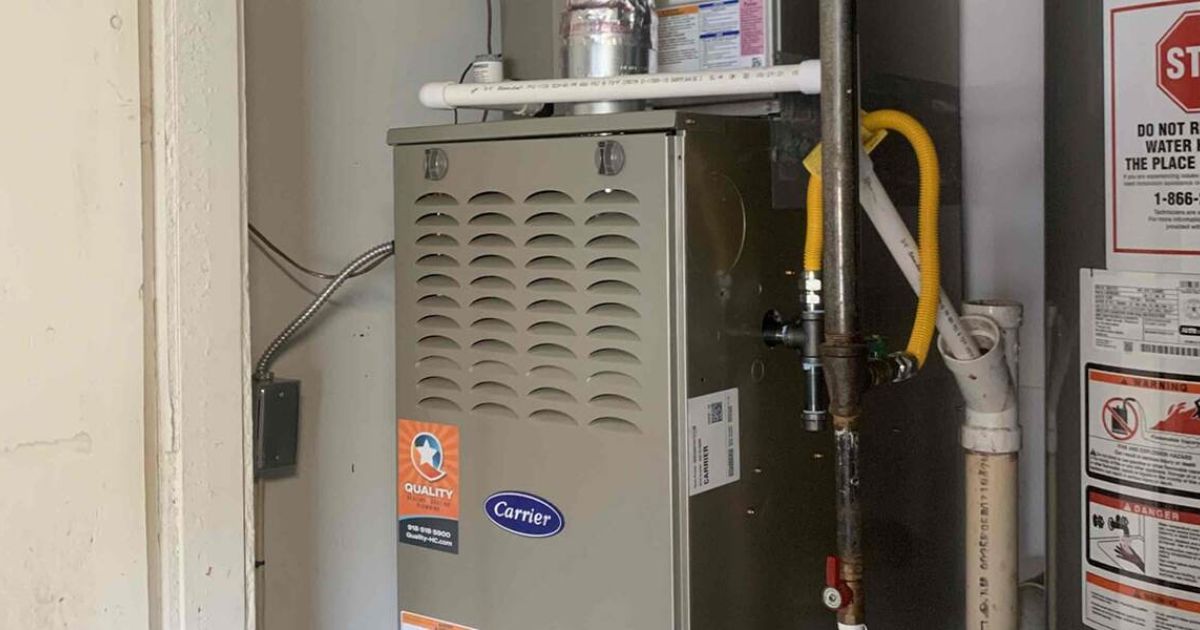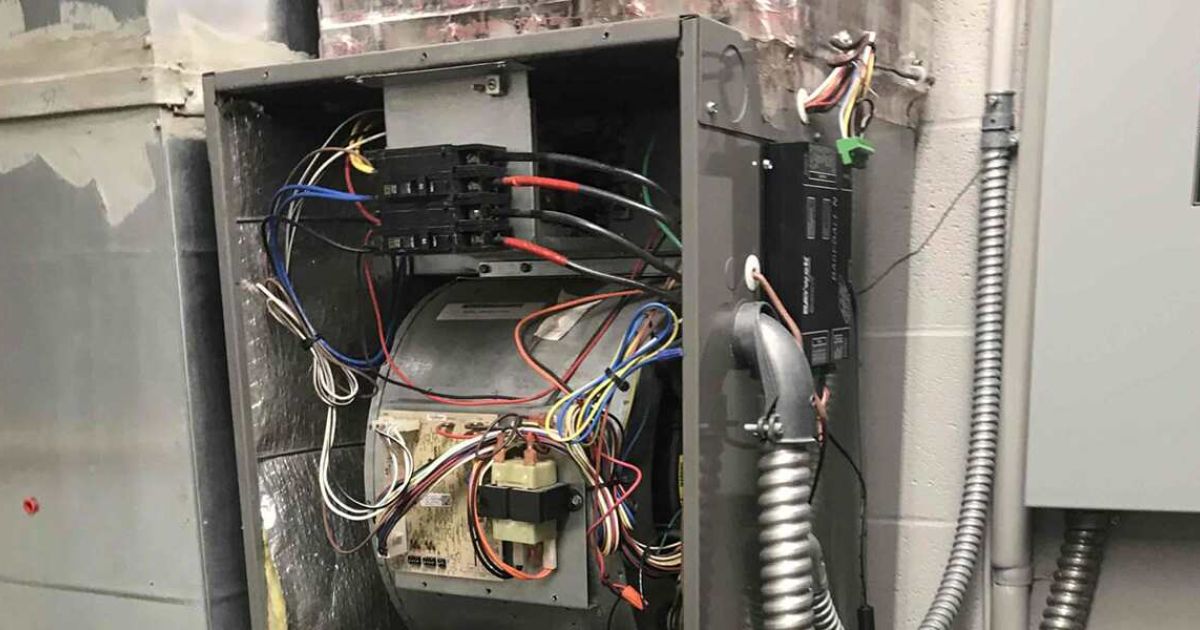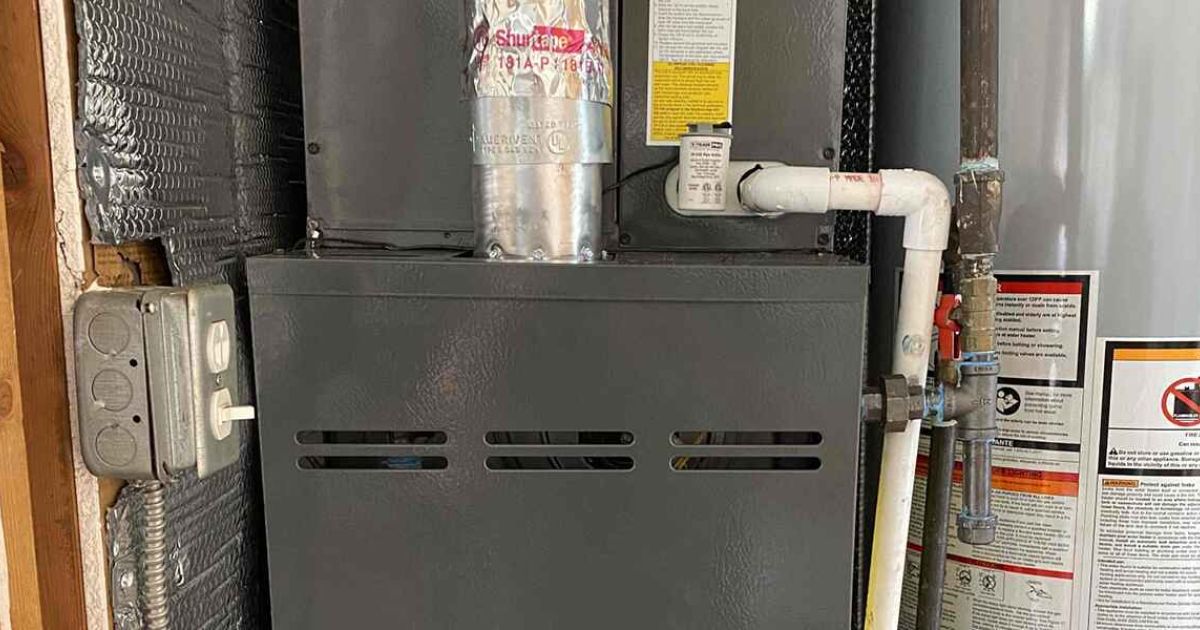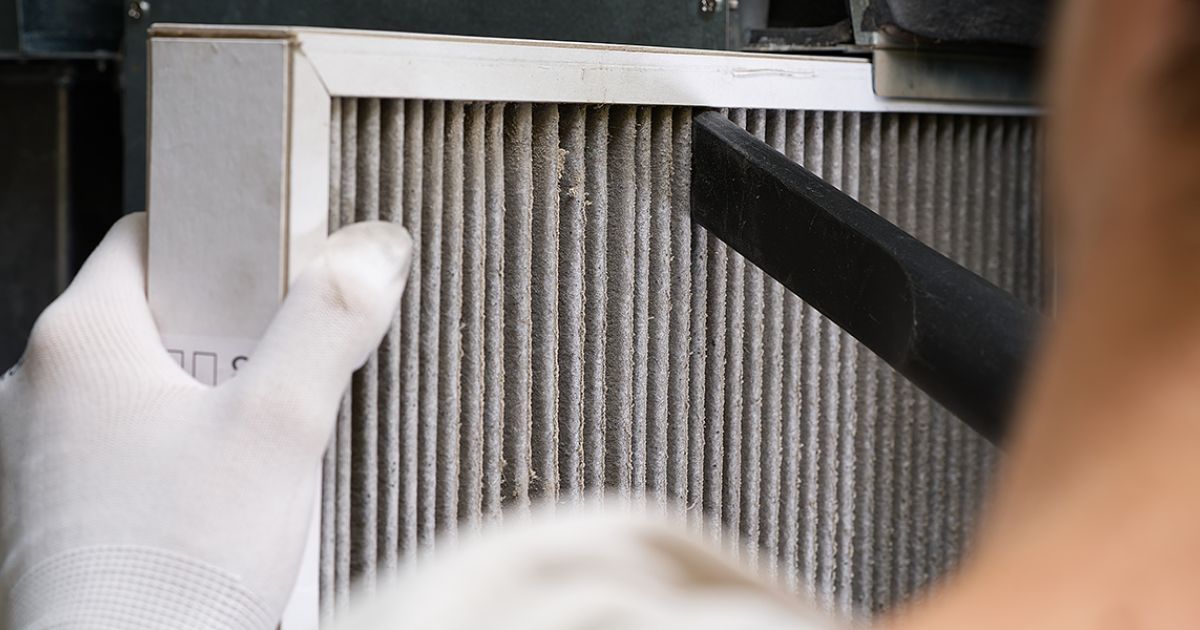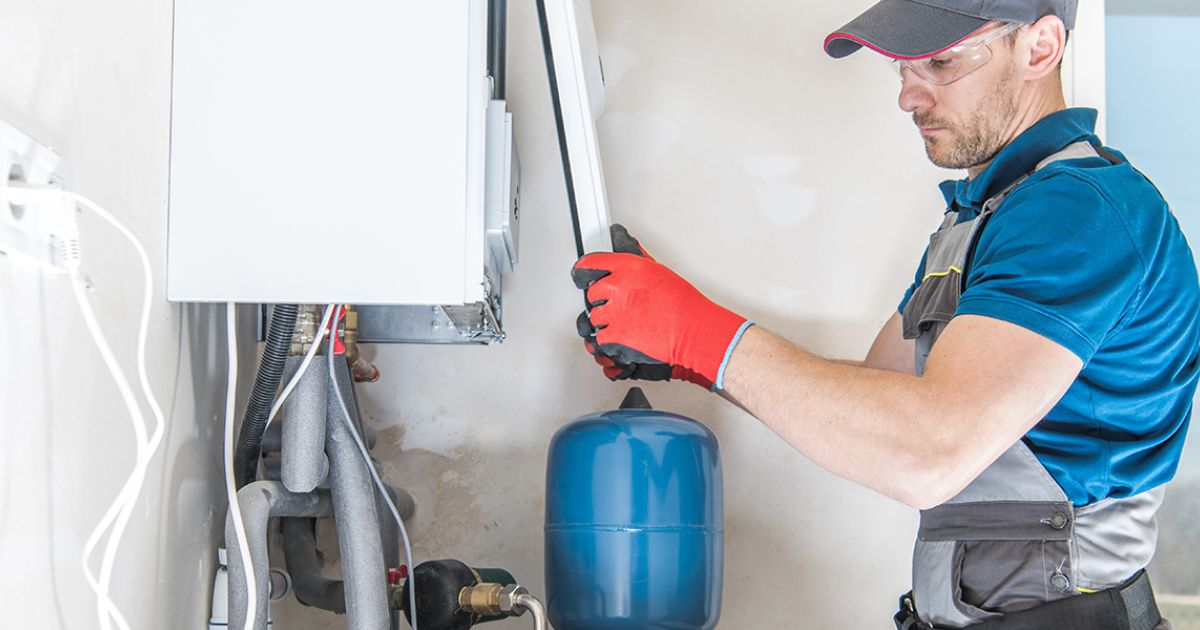What are BTU’s and what do they mean for my home?
BTU stands for British Thermal Unit. This unit of measurement, often included on an air conditioner’s label to indicate how powerful it is. While every piece of heating and cooling equipment comes with a BTU rating; one BTU equals the amount of energy needed to raise the temperature of 1 pound of water by 1°F.
For an AC, the BTU rating measures how much heat the unit removes, not how much it cools or the power of a single part. The higher a unit’s BTU rating, the more powerful it is, and the more heat it can add or remove per hour. Higher ratings also correspond with increased size, weight, and cost.
A Higher BTU Rating Isn’t Always Better
Buying a stronger air conditioner isn’t always better and using an oversized unit will not cool a room faster. That doesn’t mean picking an AC with a specific physical size, however. What truly matters most is the capacity of the system and how it factors cooling the size of the area. Square footage, ceiling height, and whether there are heat-producing appliances in the room all impact how much cooling capacity is required.
The amount of BTUs needed also has to do with climate; understandably, homes in hotter climates will need more power and homes with sprawling or open floorplans do so as well. Other factors include the quality of insulation (homes that are poorly insulated need more cooling power) and the number of windows. The more windows you have, the more power that’s needed to maintain indoor temperatures.
Choosing a BTU level that is too high can result in rapid cycling, overworking the compressor and using more energy than necessary. Ultimately, you’ll need more repairs and the life of the unit will be shortened.
What If I Select the Wrong BTU Rating?
Too powerful an air conditioner will cool your home too quickly, run for shorter times, and fail to remove enough moisture from the air. If your AC doesn’t have enough BTUs, the AC will be underpowered and run continuously, also wearing it out, but increasing energy use and utility bills as well.
BTU’s vs. Room Size
Room size is a key factor when selecting an air conditioner.
BTU to Room Size Guide
| Room Size | BTU’s |
| 150 sq. ft. | 5,000 |
| 300 sq. ft. | 7,000 |
| 550 sq. ft. | 12,000 |
| 1,200 sq. ft. | 21,000 |
However, small factors like having ceilings higher than eight feet, or installing an AC in a second story that gets direct sunlight will adjust this model. You’ll need to multiple the recommended BTUs per room size by 10%. This is to compensate for increased volume and/or ambient heat. However, for shaded areas that receive little sunlight, you should subtract 10% from the recommended BTU rating for that room size. And, if two or more people occupy a room or section at a time, add about 600 BTUs per additional person that will be using the area regularly.
Schedule Professional AC Installation
Quality Heating, Cooling, Plumbing provides fast and dependable AC installation in Glenpool, OK, and the surrounding areas. In addition to professional installation, we can help plan, select, and size a new system for your home or commercial building. Our installers are factory trained to service all makes and models of AC systems. To learn more, schedule a visit, or request a free estimate, call us today at 918-393-3258.

Cassie Pound is the Vice President of Quality Heating, Cooling, Plumbing & Electric with locations in Tulsa, Glenpool, and Bartlesville, Oklahoma.


